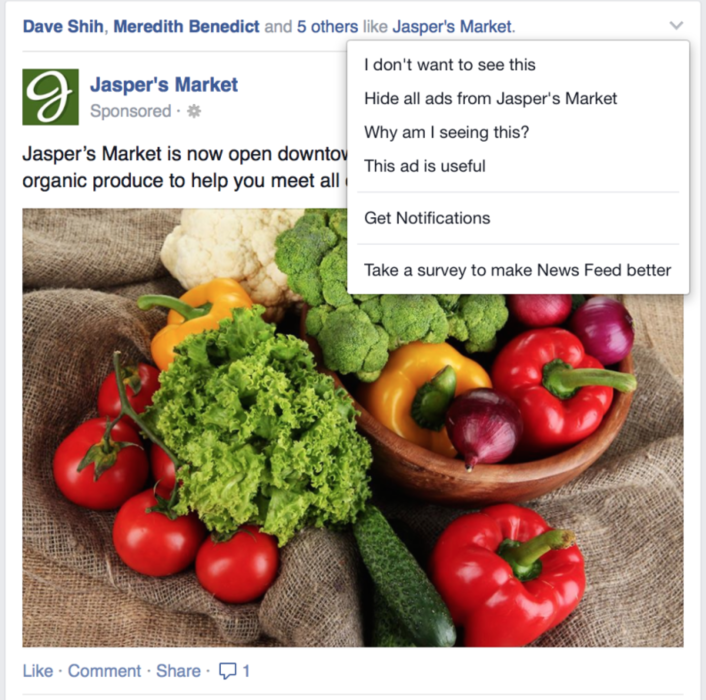If it is truly the beginning of the end for organic reach on Facebook, it will have a significant impact on how brands use social networks in the future.
Facebook has for years released algorithm after algorithm that tweaked and filtered what any given user saw when they logged onto the site. It would be fair to assume that this was a calculated assault on the free ride that brands received on the 1B+ social network, but the reality is likely more mundane. As Facebook grew, it had to consistently future-proof itself against user dissatisfaction should the noise become too clamorous, too much.
In fact, Facebook has long been a huge friend to brands; that is, as long as they were active on their platform. Part of the reason that Facebook needed to minimize brand noise in anyone’s feed is it made it very easy to like brands and much harder to disconnect. Anyone who has worked in social media knows the frequent dilemma on whether today will be the day you get around to “unliking” all of your former clients, their competitors and all of your test sites. It’s a good two-hour job at least.
Facebook is now the hub of its members’ social lives and, like the hub of knowledge exploration, Google, it has become the traffic warden of the content into which users have opted. Users have been able for some time to mute friends and brands alike, and now it is making that process decentralized and more automatic.
So Facebook says that it is minimizing how many promotional messages its users see from brands, which as C-Net wisely asserted, a bit of a new speak problem. Has any brand ever disseminated a message that was not promotional? Brands are literally promotional manifestations of a company. Anything they do is promotional. Every meme, every social good issue, every donation to charity – if it’s incorporated into a message sent to the public, it is promotional. It’s easy to assume that all messages from brands on Facebook will decline.
In any event, the reality about brand messages on social media is that the companies themselves have censored overtly promotional messages because they either didn’t work, or had an agency sell them on brand storytelling as the best way to use social media.
So brands are now worried about building beachheads on social networks that could ultimately charge them tolls for reaching their constituents. What now? I expect this will accelerate brands building their own Upworthy-type infotainment sites where they know they will make the rules.
That has already created its own cottage industry with companies like Contently farming out branded content work to freelancers, Newscred enabling the repurposing of editorial content and Percolate turning brand marketers into de facto newsrooms.
But with that particular network shutting down the main access roads, I expect we’ll see more plays like Collectively, a only-in-the-21st century collective of brands like Coca-Cola and Lenovo and agency IPG and former magazine turned entertainment and marketing conglomerate Vice; and SugarString, a Verizon publication.
Rather than push uphill on Facebook, I expect more brands will create their own domains where they host marketing content and hope the users will care enough to share themselves, doing the brands’ advertising for free.
While I don’t think this will put a dent in the current growth of Facebook’s advertising, I do assume that brands will be wary of putting more resources on third-party properties. They’ve learned that creating something offsite that people will share is probably the most cost efficient way to build your brand. And you will always get to dictate the terms.








